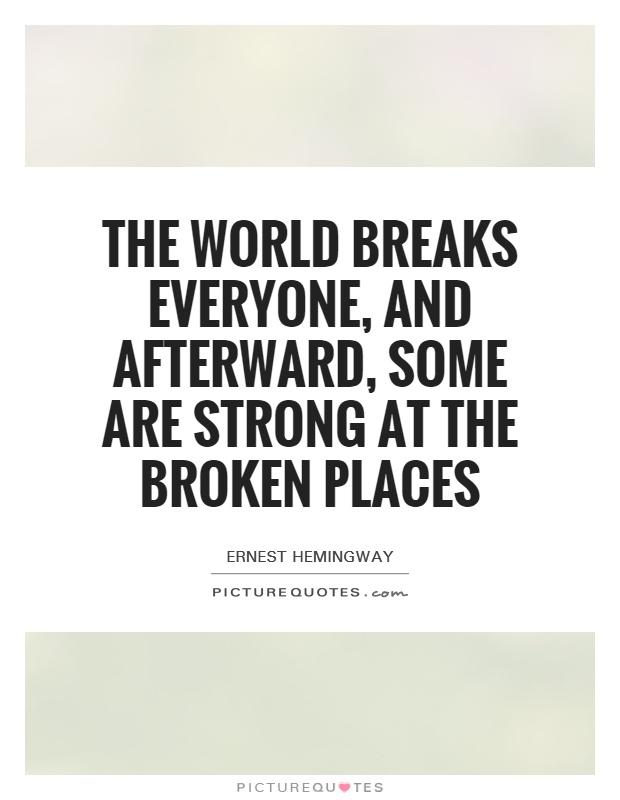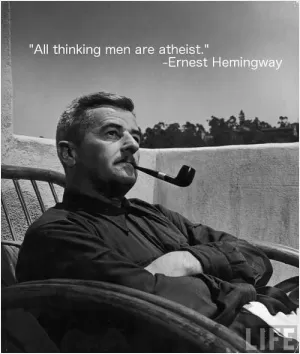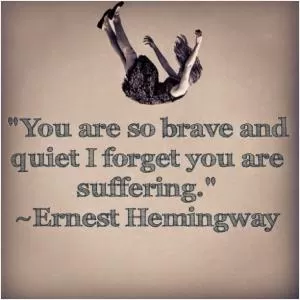The world breaks everyone, and afterward, some are strong at the broken places

The world breaks everyone, and afterward, some are strong at the broken places
Ernest Hemingway, one of the most influential American writers of the 20th century, is known for his concise and powerful prose that often delves into themes of struggle, resilience, and the human condition. One of his most famous quotes, “The world breaks everyone, and afterward, some are strong at the broken places,” encapsulates the essence of his writing and his own personal experiences.Hemingway’s life was marked by a series of hardships and challenges that undoubtedly shaped his worldview and his writing. From his experiences as an ambulance driver in World War I to his struggles with mental health and alcoholism, Hemingway faced numerous obstacles throughout his life. However, instead of succumbing to despair or self-pity, he channeled his pain and suffering into his work, creating some of the most enduring and powerful literature of the 20th century.
In many of his works, Hemingway explores the idea of resilience in the face of adversity. His characters often face seemingly insurmountable challenges, yet they find the strength to persevere and overcome their obstacles. This theme is perhaps most evident in his novel “The Old Man and the Sea,” in which the protagonist, Santiago, battles against the elements and his own physical limitations in a desperate struggle to catch a giant marlin. Despite facing overwhelming odds, Santiago refuses to give up, demonstrating a resilience and determination that is both inspiring and heartbreaking.
Hemingway’s own life mirrored the struggles of his characters, as he grappled with his own demons and personal tragedies. Yet, like Santiago, he found a way to endure and find meaning in the face of suffering. His quote, “The world breaks everyone, and afterward, some are strong at the broken places,” speaks to the idea that adversity can be a catalyst for growth and transformation. Hemingway understood that pain and suffering are an inevitable part of the human experience, but he also believed that it is possible to emerge from these trials stronger and more resilient than before.












 Friendship Quotes
Friendship Quotes Love Quotes
Love Quotes Life Quotes
Life Quotes Funny Quotes
Funny Quotes Motivational Quotes
Motivational Quotes Inspirational Quotes
Inspirational Quotes